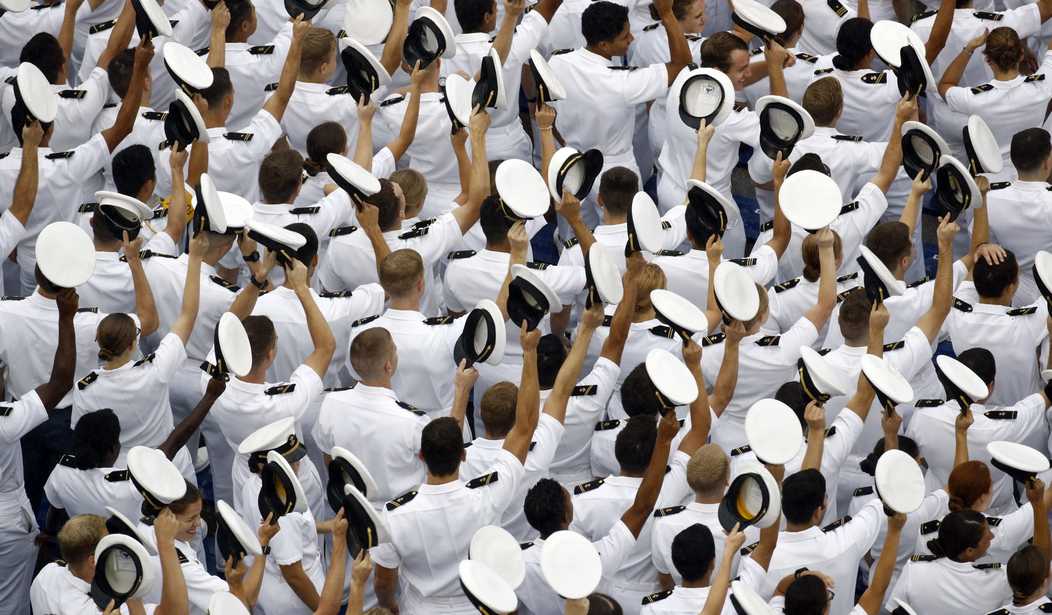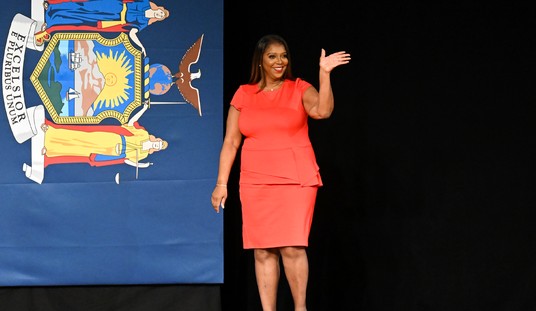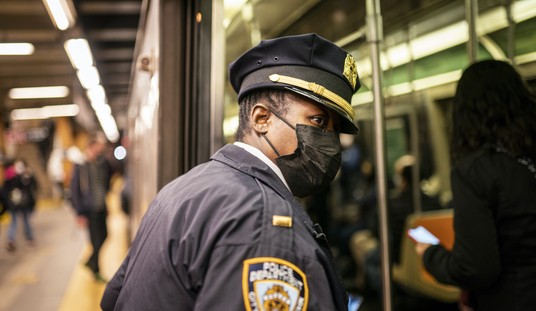ARLINGTON, Va. — Rates of sexual abuse have increased at military service academies, prompting a Pentagon official to say that they are “disheartened that the strategies we have employed have not achieved the results we had intended” to reduce sexual misconduct.
Dr. Elizabeth Van Winkle, executive director of the office of force resiliency for the undersecretary of defense for personnel and readiness, added that “we are not deterred” in trying to combat the crimes.
According to the Annual Report on Sexual Harassment and Violence at the Military Service Academies, Academic Program Year 2017-2018, which is mandated by Congress, academies “are executing the plans they provided to the Department to address alcohol consumption, sexual assault prevention, academy culture, and sexual assault and sexual harassment reporting.”
However, “among all female cadets and midshipmen, 15.8 percent experienced unwanted sexual contact in the past year in the 2018 survey, an increase from 12.2 percent in 2016. Similarly, 2.4 percent of men experienced unwanted sexual contact in the past year, compared to 1.7 percent in 2016.” Sixty-three percent of those incidents reported by women involved alcohol, while alcohol was a factor in 56 percent of events described by men.
The academies received 117 reports of sexual assault involving cadets and midshipmen in Academic Program Year 2017-2018, five more than the previous year. The overall sexual assault reporting rate is 12 percent.
The survey also showed an estimated 50 percent of women and 16 percent of men experiencing sexual harassment over the past year. Fewer formally filed sexually harassment complaints compared to the previous year.
Eighty percent said they believed academy leaders were making a genuine effort to stop sexual assault and sexual harassment, while only 56 percent of those surveyed felt their peer leaders were making the same effort.
The survey found that male cadets and midshipmen are having five or more drinks at a time, while 15 percent of women report drinking that much.
“We know it takes time to promote and sustain a culture free from sexual violence,” Van Winkle said today. “Our cadets and midshipmen must model the ethical behavior we demand of our future officers. But it is leadership’s responsibility to ensure they have the moral courage to demonstrate this behavior.”
“These are our future leaders,” said Navy Rear Adm. Ann M. Burkhardt, the director of the Defense Department’s Sexual Assault Prevention and Response Office. “We must instill in them the responsibility to intervene and prevent this type of behavior.”









Join the conversation as a VIP Member